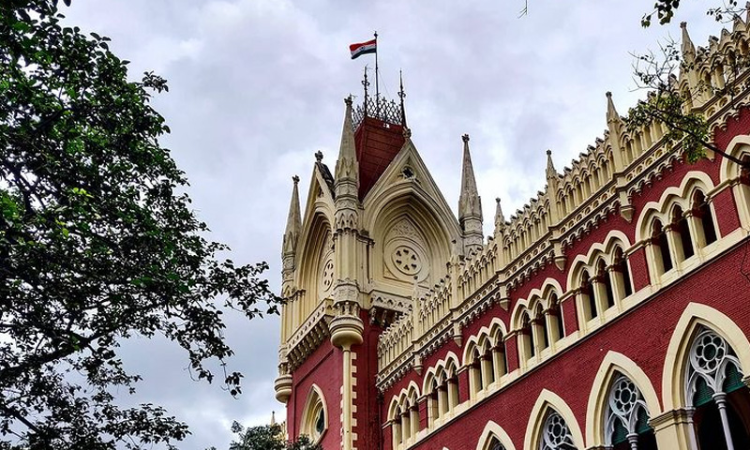The Calcutta High Court has held that if the provisions of the old regime of Section 148 of the Income Tax Act, including Taxation and other Laws (Relaxation and Amendment of Certain Provisions) Act, 2020 (TOLA), are read into or applied to the new regime applicable from 01.04.2021, it would also necessarily mean that a provision repealed by the Parliament without any savings and exception...

